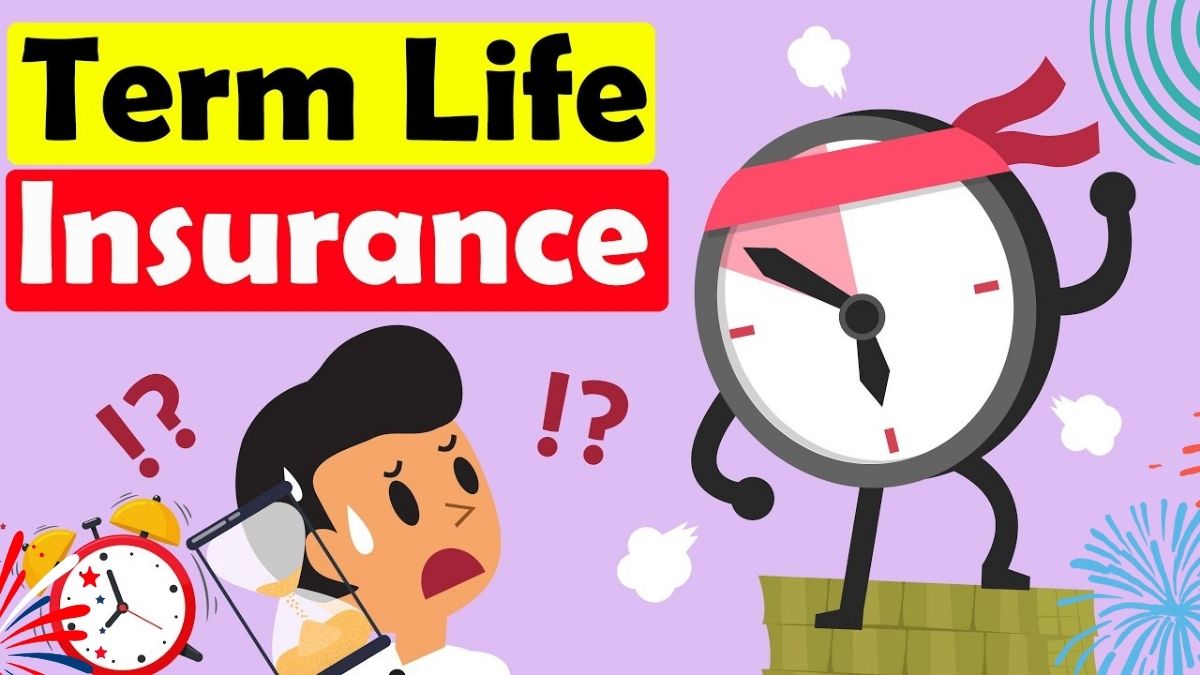Choosing a life insurance policy is a crucial part of your financial planning. When considering life insurance, you typically encounter two main options: term life insurance and whole life insurance. Each has its own set of benefits and drawbacks. Let’s delve into these options to understand which might be better for you.
Term Life Insurance: Simple and Affordable Protection
Advantages:
- Affordable Premiums: The biggest advantage of term life insurance is its low premiums compared to whole life insurance. It’s suitable for those who want insurance protection on a limited budget.
- Straightforward and Clear: The structure of term life insurance is very simple. You buy insurance for a specified period (e.g., 10, 20, or 30 years), and if you pass away during that period, the beneficiary receives the insured amount.
- Flexibility: You can increase or decrease your coverage at different stages of your life, such as when your children are young or when you have paid off your debts.
Disadvantages:
- No Cash Value: Term life insurance has no investment or cash value. After the term ends, you receive nothing back except the peace of mind you had during the term.
- Limited Duration: If you want coverage after your insurance term ends, you will need to purchase new insurance, which can be expensive based on your age and health condition at that time.

Whole Life Insurance: Permanent Protection and Investment
Advantages:
- Lifetime Coverage: Whole life insurance provides lifetime coverage. As long as you pay the premiums, you will have insurance coverage.
- Cash Value: Whole life insurance has a cash value component that grows over time. You can borrow against it, withdraw it, or receive it upon policy surrender.
- Stable Premiums: Whole life insurance premiums are stable and do not change throughout your life, bringing stability to your financial planning.
Disadvantages:
- High Premiums: Whole life insurance premiums are much higher than those of term life insurance. It can be expensive, especially if you are on a limited budget.
- Complexity: The structure of whole life insurance can be complex, with cash values, dividends, and other components that might be difficult to understand.
Comparison Table
| Feature | Term Life Insurance | Whole Life Insurance |
|---|---|---|
| Premiums | Low | High |
| Coverage Duration | Fixed term (e.g., 10, 20, 30 years) | Lifetime |
| Cash Value | None | Builds over time |
| Flexibility | High (can adjust coverage) | Low (fixed premiums and benefits) |
| Complexity | Simple and straightforward | More complex with investment components |
| Renewal Cost | Can be expensive at the end of term | No renewal needed (lifetime coverage) |
| Benefit Amount | Fixed for the term | Can increase with cash value |
Additional Considerations
- Financial Goals: Your financial goals significantly impact your decision. If you aim to cover temporary needs such as a mortgage or children’s education, term life insurance is ideal. For long-term wealth building and estate planning, whole life insurance is better.
- Age and Health: Your age and health condition play a critical role. Younger and healthier individuals might find term life insurance more cost-effective, while older individuals or those with health issues might prefer the lifetime coverage of whole life insurance.
- Investment Perspective: If you are looking for an investment vehicle along with insurance, whole life insurance offers that through its cash value component. However, other investment options might offer better returns, so it’s essential to compare.
- Estate Planning: Whole life insurance can be a useful tool for estate planning, providing a tax-free inheritance to your beneficiaries. It can also help cover estate taxes, ensuring your assets are preserved for your heirs.
- Peace of Mind: Ultimately, the right insurance policy provides peace of mind. Knowing that your loved ones will be financially protected in your absence is invaluable.
Conclusion: Which is Better for You?
When deciding between term life and whole life insurance, your financial situation, goals, and priorities are key factors. If you want affordable and straightforward insurance protection, term life insurance is a great choice. On the other hand, if you seek long-term security and an investment component, consider whole life insurance.
Read More:-
Pet Insurance in Switzerland: Ensuring the Best Care for Your Furry Friends
